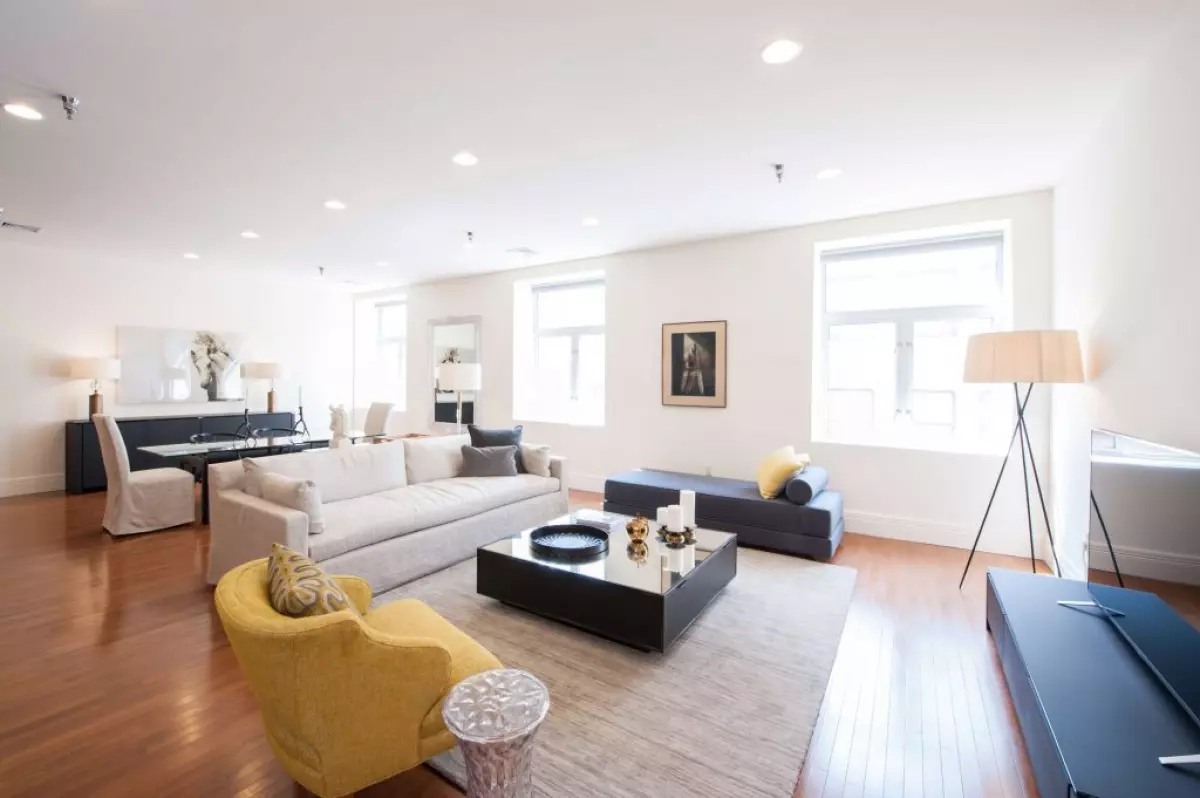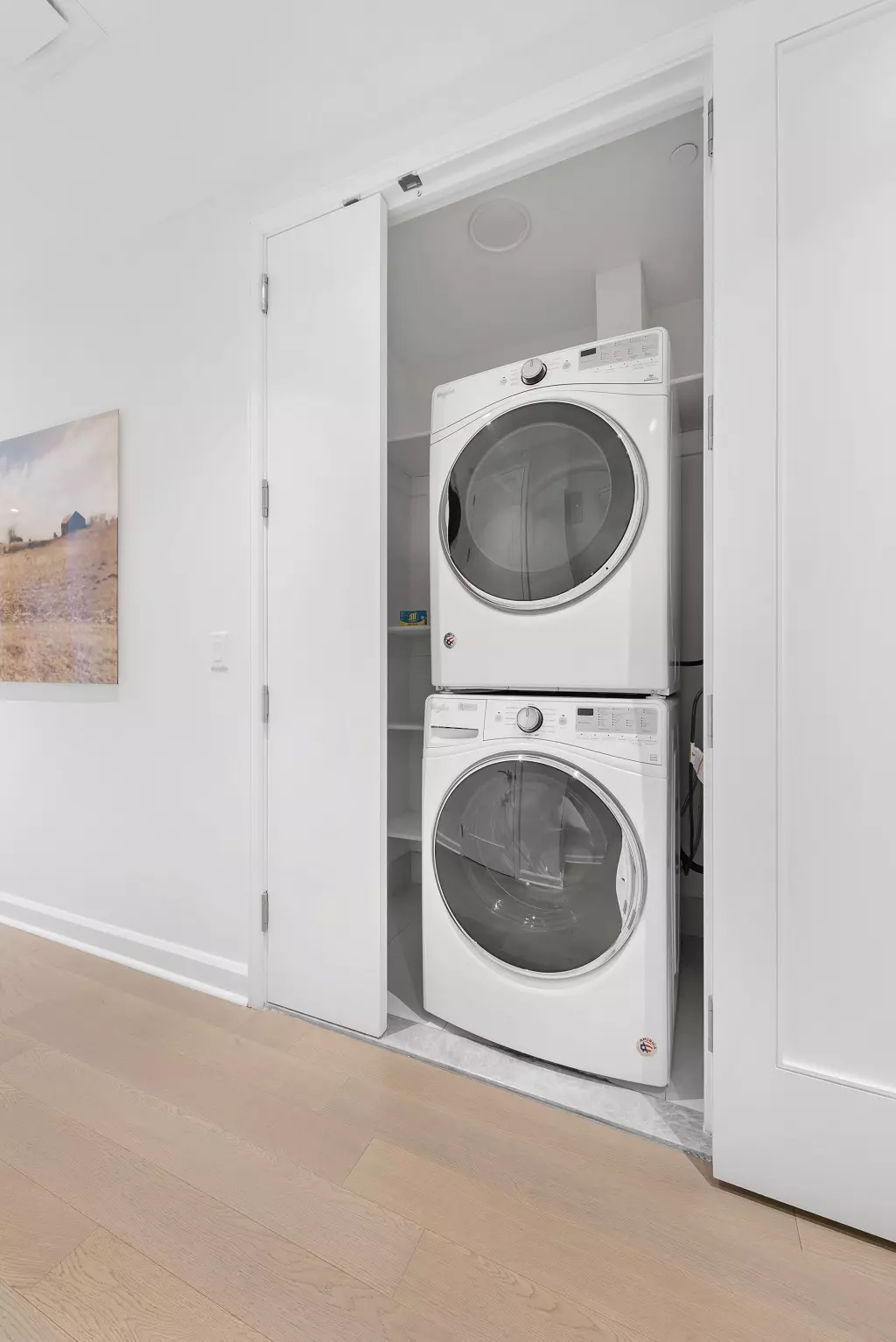When planning a trip, one important decision travelers have to make is where to stay. In the past, hotels were the only option, but nowadays, serviced apartments have become a popular alternative for both leisure and business travelers.
A serviced apartment is a fully furnished apartment that can be rented for short or long-term stays. While there are several similarities between serviced apartments and hotels, there are also some key differences that can help you determine which option is right for your upcoming travel. Let's explore seven of these differences.
1. Living Space

Hotel rooms, especially in crowded cities like New York, tend to be quite small. While there may be larger suites available, they often come at a premium price. On the other hand, serviced apartments offer a normal-sized studio, one, two, or three-bedroom apartment, providing an average of 30-50% more space than a typical hotel room. This additional space allows you to work, relax, spread out, and live comfortably during your stay.
2. Kitchen

Hotel rooms rarely include a kitchen, and if they do, it's usually a small one without cooking essentials. On the other hand, serviced apartments come with a fully equipped, full-sized kitchen. This allows you to prepare homemade meals and store food and beverages in the refrigerator. Not only does this promote healthier eating habits, but it also helps you save money on dining out.
3. Furniture and Equipment

While hotel rooms often provide only a bed and a bathroom, serviced apartments are fully furnished with all the typical furniture you would find in a home. They also come equipped with everything you need to work, cook, and live comfortably, including desks, pots and pans, and even laundry baskets. In fact, many serviced apartments even have an in-unit washer/dryer, making laundry a breeze.
4. Typical Length of Stay

Most hotels are designed for shorter stays, with the exception of extended-stay hotels. Serviced apartments, on the other hand, are specifically geared towards stays of a month or longer. Depending on local laws and regulations, some serviced apartments may also accommodate shorter stays of a week or more. Staying in a hotel for an extended period of time can be challenging, especially without a kitchen, convenient laundry facilities, or adequate space. Serviced apartments provide all the comforts and necessities of home.
5. Cost Differences
When considering the cost, serviced apartments often offer significant savings compared to hotels, especially for longer stays. Staying in a hotel for weeks on end can be exorbitantly expensive, particularly when relying on dining out or room service. On average, serviced apartments are priced 30-50% lower than typical hotels. Additionally, depending on the municipality and length of stay, there may be tax savings associated with staying in a serviced apartment.
6. Amenities

The amenities provided in hotels and serviced apartments can vary. Hotels usually offer amenities such as room service, a mini bar, an on-site restaurant and/or bar, a spa, and continental breakfast. Serviced apartments, on the other hand, may offer amenities like a pool, fitness center, terrace, roof deck, attended lobby, laundry facilities, and resident lounges. Many serviced apartments are also pet-friendly. Moreover, WiFi is almost always included in the cost of a serviced apartment, whereas hotels often charge extra for it.
7. Typical Locations
Hotels are typically located in centralized and convenient areas, such as near major attractions or airports. In contrast, serviced apartments can be found in any residential area within a city. They are also available in various locations around the world where apartments are available.
In conclusion, while both serviced apartments and hotels offer accommodations for travelers, there are distinct differences to consider. Serviced apartments provide more space, a fully equipped kitchen, and the comforts of home, making them an excellent choice for longer stays. On the other hand, hotels offer convenient locations and amenities suited for shorter stays. By understanding these differences, you can make an informed decision that aligns with your travel needs and preferences.
Related blogs:


















